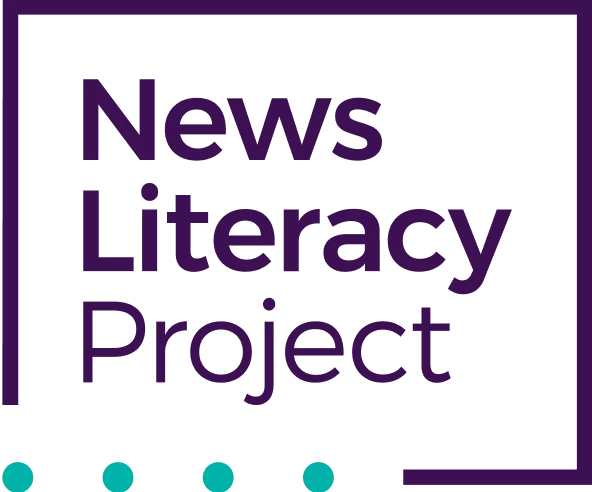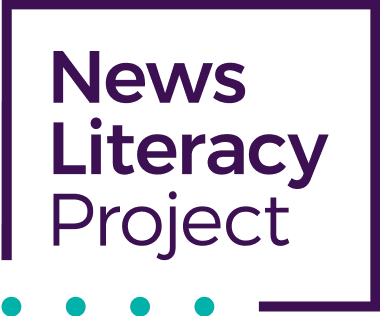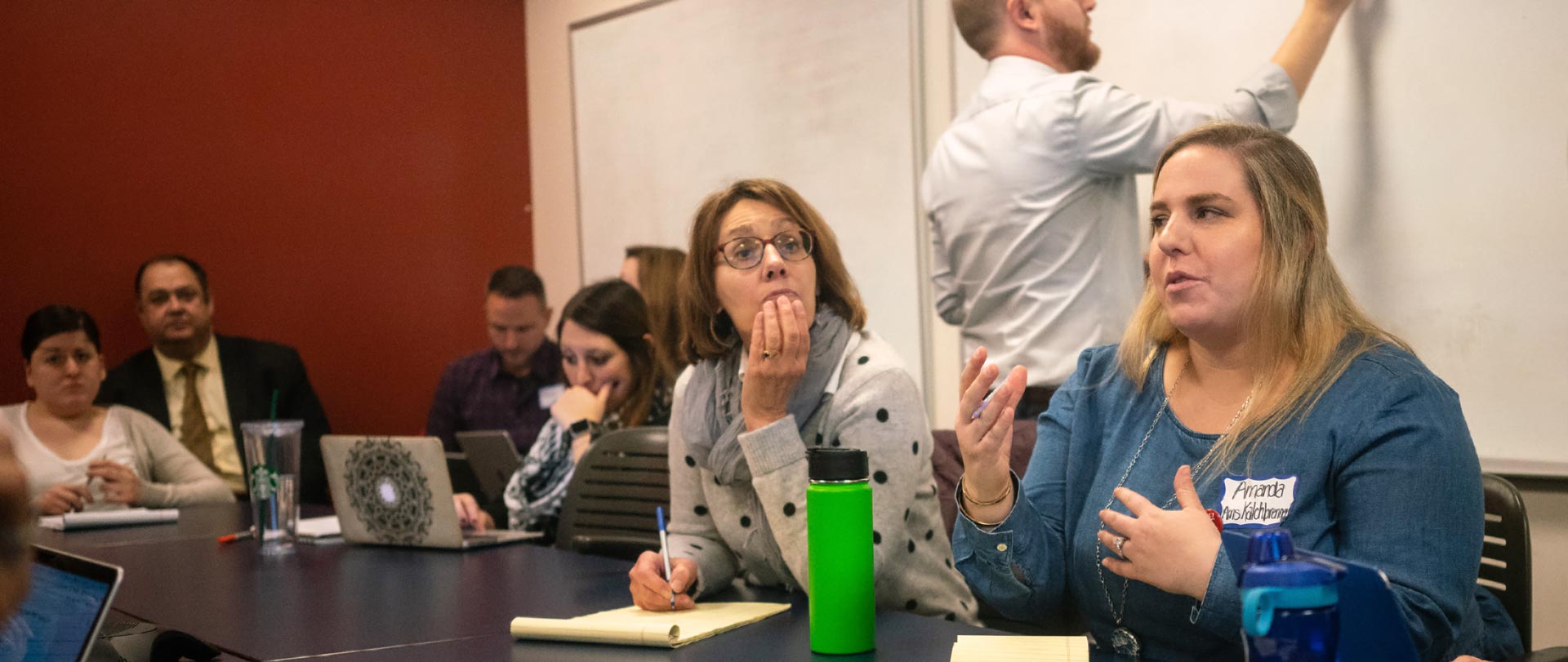Grow your skills with our training
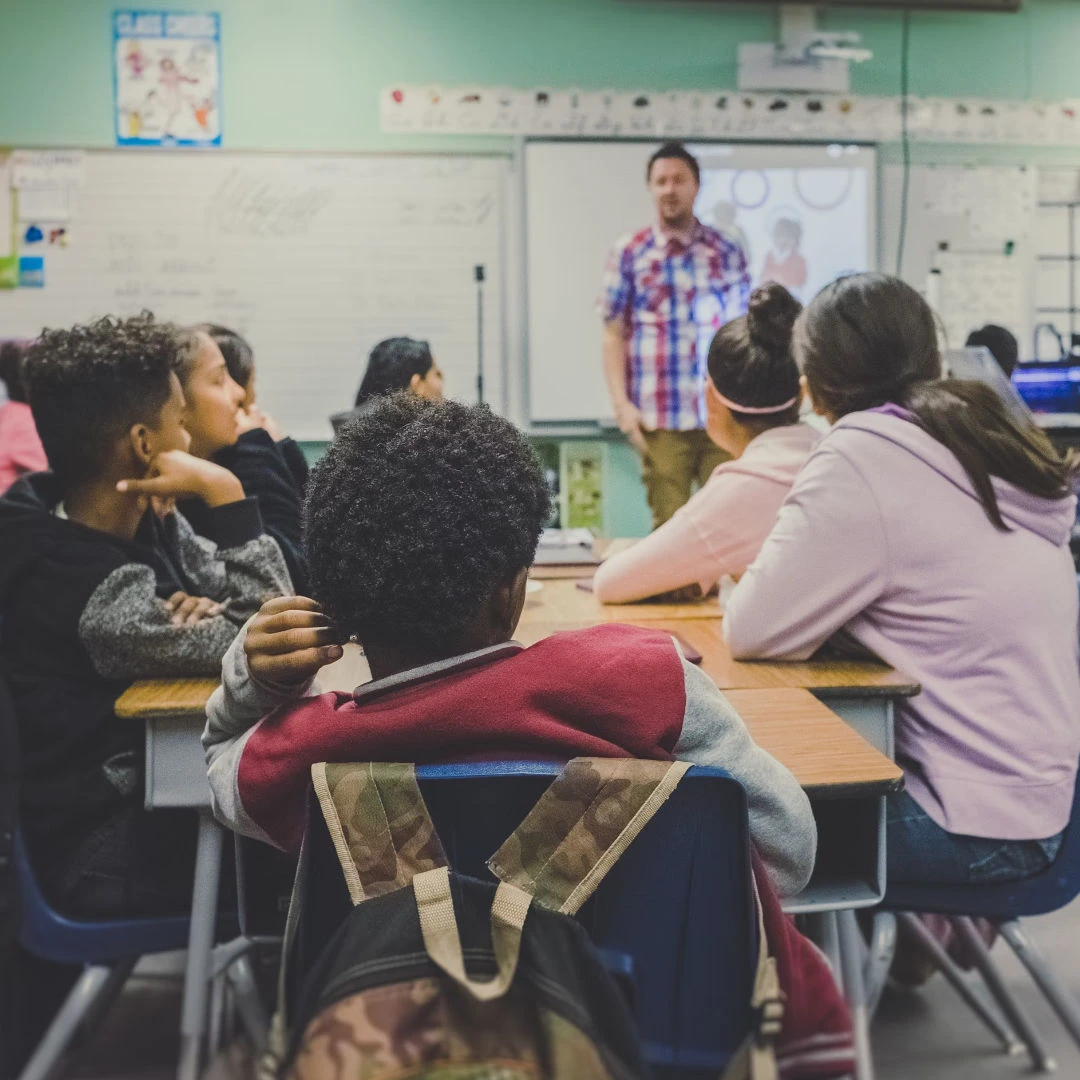
Teaching news literacy: Where do I start?
60-90 minutes
This session provides an overview of news literacy education that touches on all five of NLP’s standards. We’ll explore key concepts, skills and dispositions that students need to effectively and responsibly navigate the information environment. This includes the ability to identify credible information, recognize and avoid misinformation, and appreciate the role that a free and independent press plays in a robust democracy.
We’ll examine the differences between news and other types of information, learn an effective approach to evaluating bias, and review several core fact-checking and digital verification techniques that are quick and easy for students to apply.
Key objectives
- Define news literacy and develop an understanding of the field’s core competencies.
- Learn the importance of teaching students to distinguish between different kinds of information according to primary purpose.
- Analyze signs of credibility in news sources.
- Evaluate online claims using verification skills.
- Discuss how to help students reflect on and cultivate healthy media habits.
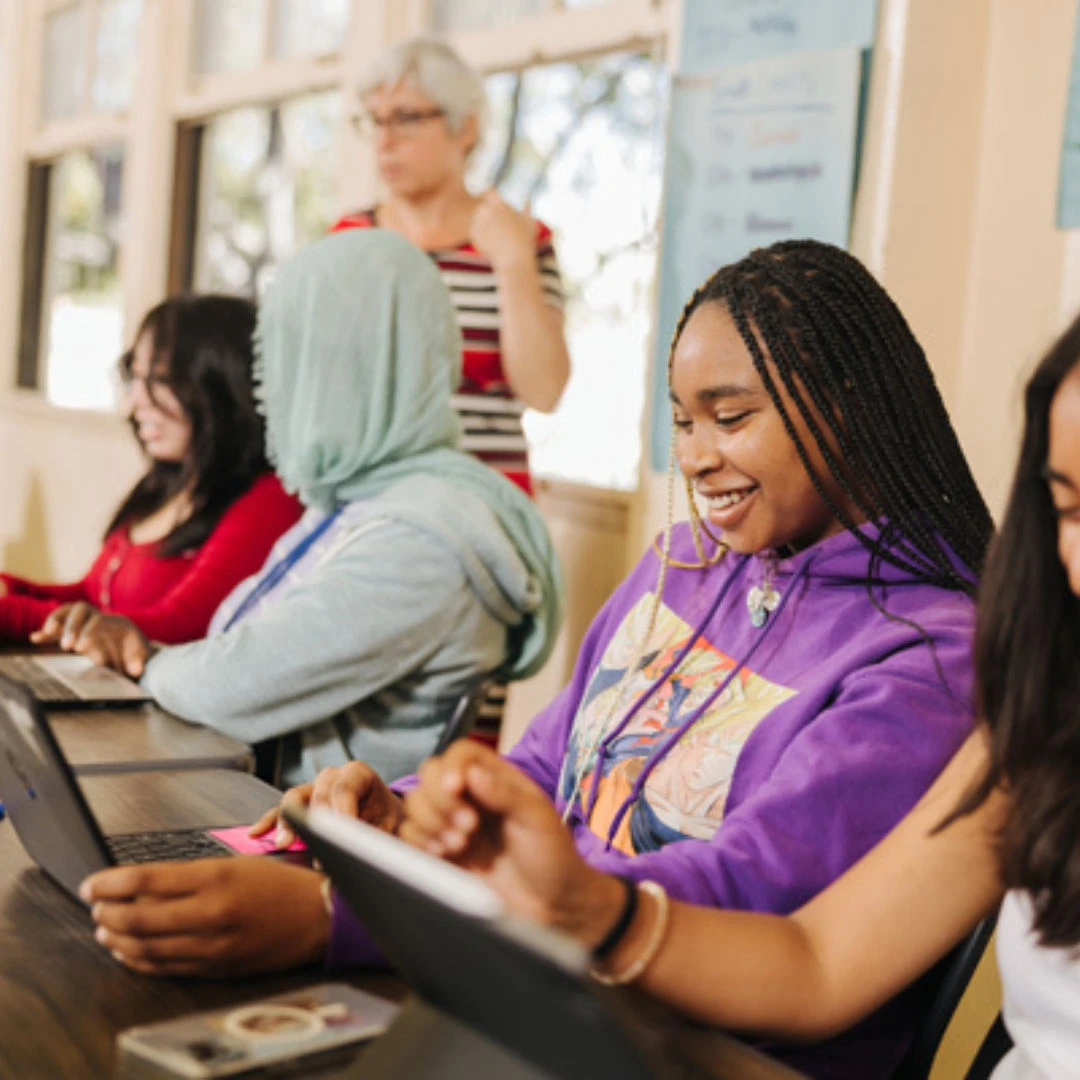
A framework for curriculum mapping: Teaching news literacy within and across grade bands
60-90 minutes
We’ll use our framework and grade bands for teaching news literacy to provide an overview of core concepts and skills, for individual classroom and districtwide use.
In this session you’ll review core competencies to identify essential questions, knowledge and skills for unit planning; you’ll also review a scaffolded approach to developing a news literacy curriculum for K-12 using NLP’s news literacy standards.
Key objectives
- Examine the News Literacy Project’s Framework for Teaching News Literacy and the grade band expectations for teaching news literacy to map concepts into preexisting or new curricula.
- Identify elements from NLP’s Framework for Teaching News Literacy that you can use in your educational setting.
- Assess how grade band expectations fit with other educational standards.

Characteristics of credibility: Teaching the standards of quality journalism
60-90 minutes
Today, discussing news coverage and current events – including claims students encounter online – can quickly become entangled in perceptions of partisanship. Cut through polarization by focusing on the characteristics of credible information and the standards and guidelines that are used in journalism and other communities of practice.
In this session you’ll take a deep dive into journalism standards and ethics. These include aspects of verification — such as the practice of gathering and comparing information from multiple credible sources — and ideals such as fairness, transparency, independence and accountability. We’ll address how journalists work to avoid bias, as well as the importance of context and balance. Finally, we’ll demonstrate how students can apply an understanding of these standards to judge the credibility of news and other information.
Key objectives
- Describe signs of credibility in journalism.
- Analyze how “red flags” that violate standards of quality journalism appear in questionable sources.
- Consider resources for incorporating standards of quality journalism in learning experiences.
Exploring the misinformation landscape
60-90 minutes

Teach students to develop their misinformation “spidey senses” to spot viral falsehoods on social media — and to use verification skills to debunk them. This session uses a “prebunking” approach to teaching about misinformation: helping students recognize common traits and tactics of false and misleading claims. We will explore five primary types of viral misinformation along with five factors students can use to evaluate posts they’re skeptical about.
We will also practice key verification skills — like reverse image searching — and close by reflecting on how these concepts and skills can be applied in the classroom to foster careful, critical thinking and a sense of responsibility for what students post and amplify online.
Key objectives
- Define misinformation and discuss the personal and civic impact of viral falsehoods.
- Discover how to use “prebunking” strategies as a road map for teaching students how to identify and resist viral misinformation, using NLP’s free resources.
- Apply key verification skills to real-world examples of mis- and disinformation.

Evaluating news media bias: A nuanced approach to a vital topic
60-90 minutes
People frequently perceive and allege bias in news coverage, but what does this really mean? What makes a news report seem biased, and who decides? What role do our own biases play in our perceptions of bias?
In this session we’ll help you teach this vital, controversial and complex topic in ways that empower students to meaningfully evaluate the fairness and impartiality of news coverage.
Key objectives
- Reflect on the ideal of avoiding bias as a standard of quality journalism.
- Analyze actual examples of news and other information and consider the nuanced, highly subjective nature of perceived bias in news.
- Learn an approach for helping students evaluate potential bias in news reports by recognizing different types of bias and the forms they can take in coverage.
- Explore the limitations of popular media bias charts and rating systems.

Algorithms and generative AI: Pitfalls and possibilities for students
60-90 minutes
Your students spend a lot of time on social media, but do they know why certain content appears on their feeds? Algorithms are powerful but often invisible forces shaping our online experiences — but whose interests are they designed to promote?
This presentation will help you dive into the world of algorithms and generative artificial intelligence so you can teach students to consider the civic and social impact of these technologies.
You’ll preview our “Introduction to Algorithms” lesson in Checkology® to gain an understanding of how search and social media algorithms work; explore the opportunities and pitfalls of large language model chatbots, such as ChatGPT; and learn about the evolution of AI image generators, such as DALL-E. We’ll also take a look at where these technologies are heading, including the rapid development of AI video, and discuss their implications for civic discourse, student research and pedagogical practice.
Key objectives
- Review how algorithms shape the information we see and find online.
- Explore the impact of social media companies’ use of data and algorithms to personalize information and online experiences to sell targeted ads in today’s “attention economy.”
- Understand key concepts in generative AI, including large language models, chatbots and image generators.
- Detect AI-generated content and verify authentic content with various resources and examples that you can use directly with students.
Cost
Groups wishing to plan a half-day workshop can choose two sessions from the topics listed above. Groups wishing to plan a full-day session can incorporate up to four sessions. Prices quoted below are for live, in-person sessions.
Full day: $5,000
Up to seven hours of customization of the sessions listed above — resources and classroom-ready materials tailored to specific content areas, relevant and timely media examples, a break for lunch and time for educators to work on content relevant to their positions with an NLP expert.
Half-day: $3,500
Up to three hours of customization of the topics listed above and time for educators to work on content relevant to their positions with an NLP expert.
We also offer virtual trainings on our standard offerings: For one hour, the cost is $500. For a half-day (up to three hours), the cost is $1,250. For a full day (up to seven hours), the cost is $1,750. Contact learning@newslit.org for more information.
Additionally, NLP regularly hosts free trainings on edWeb, with our News Literacy Community. Please join us when you can!
